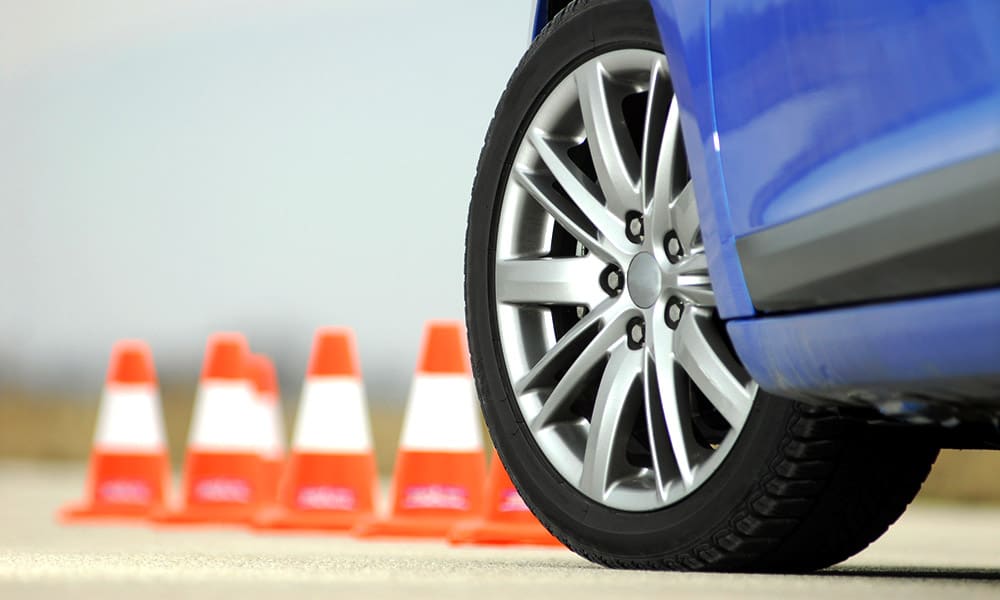Unlike birthdays, anniversaries and Christmas, renewing your car insurance is an annual occurrence that’s not worth celebrating. Not only is it yet another life admin chore, it can be an expensive one too. And although the cost of cover has plateaued ever so slightly in 2019, the average comprehensive policy will still set you back a hefty £459, according to the most recent figures from insurance comparison site, Money Supermarket.
So why is insuring your motor so expensive these days? Let’s take a look at some of the factors that make car cover so costly and (most importantly) what can you do about it.
Insurance premium tax (IPT)
IPT is charged on almost all types of insurance, but you won’t necessarily be aware of it because it’s already included in the price you’re quoted. But IPT has doubled from 6% back in January 2011 to the 12% that it is today, which goes some way to explaining the background behind pricey premiums.
The cost of repairs
Many of us enjoy fancy gadgets from sat navs to infotainment systems and parking cameras. But top tech comes at a price, and modern cars cost more to fix – something that insurers need to factor in. Plus, let’s not forget the weaker pound means sterling doesn’t stretch as far as it used to, which is reflected in the cost of imported parts.
The cost of crime
Car crime leads to claims, which means policyholders end up paying more. The latest figures from the Office for National Statistics (ONS) show that car-related theft is on the up (thanks in part to a rise in keyless car crime). It’s also estimated that car insurance fraud adds an average of £39 to the cost of your policy.
Uninsured drivers
There are more than one million uninsured drivers on the roads, costing the industry around £400 million every year. Not only are uninsured drivers more likely to be involved in a car accident, but they also push up everyone else’s premiums.
Your circumstances
A lot of the factors that influence your premium revolve around you – for example:
- Your age – Money Supermarket’s data shows that younger drivers can expect eye-wateringly high premiums, paying an average of just over £1,000. On the other hand, drivers in the 50-64 age bracket enjoy the lowest, averaging just £292.
- Your postcode – it’s a lottery, so if you live in an area where there’s a higher risk of car crime – like a town or city – you can expect to pay more than if you live somewhere rural.
- Your occupation – if you’ve ever wondered why insurers are so curious about your job, it’s because they believe there’s a link between what you do and how you drive. If you’re a fruit picker, waiter or courier, look away now because according to the Go Compare website, you can expect to pay an average of £971, £864 and £767 respectively.
- The number of miles you drive – the more miles you do, the more you can expect to pay because this increases the chances of you being involved in an accident and making a claim.
Top tips to drive down the cost of car cover
While there are some things you can’t control, knowing what affects the price of your premium means you can do something about it – for instance:
- Pay for your policy in one go – if you can, pay for your policy upfront. Admin and interest fees could mean you pay more with monthly instalments.
- Security – you might not be able to change where you live, but investing in a car alarm or immobiliser could help lower your premium. For many insurers, the ultimate safety feature is a lockable garage – so if you have one, it might be a good idea to let your insurer know you intend to start using it.
- Insurance group – all cars belong to one of 50 insurance groups. The higher the group number, the more expensive the car is to insure. If you’re on the lookout for a new car, remember to check which group it’s in first.
- Experiment with your job title – compare quotes using variations, for example, if you’re a medical secretary try just ‘secretary’ and see how that affects the premium. Similarly, if you run your own business, try ‘company director’ instead of specifying what it is you actually do, for example, builder or plumber. Remember though, it’s about using a variation of your job title, not making up what you do to get a lower premium (because that would be insurance fraud).
- Be accurate with your mileage – rounding up can increase your premium so be as accurate as possible.
- Telematics (‘black box’ insurance) – a device monitors the way you drive and if you prove to be a careful driver, you could be rewarded with lower premiums. Using telematics is a great way for younger drivers to bring costs down more quickly.
- Increase your voluntary excess – doing this can lower your overall premium, but make sure it’s still affordable because you’ll need to pay it in the event of a claim.
- Build up your no claims – insurers give you a discount for every year you go without claiming, so think before you claim for that teeny, tiny scratch no one else can see.
Of course, one of the best ways to save is to shop around and comparison sites are a quick and easy way to do that. Just remember to check out the biggies that don’t appear on comparison sites, like Direct Line, Aviva and NFU Mutual.







